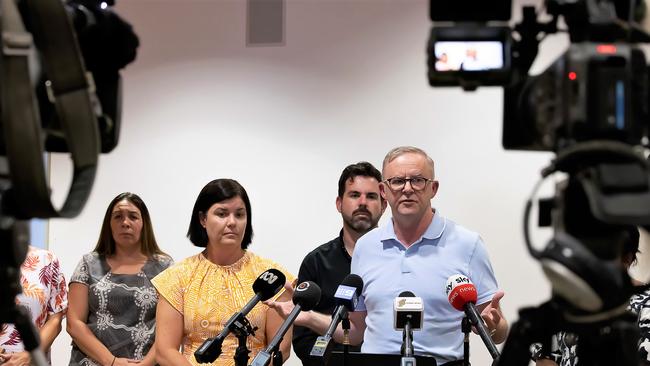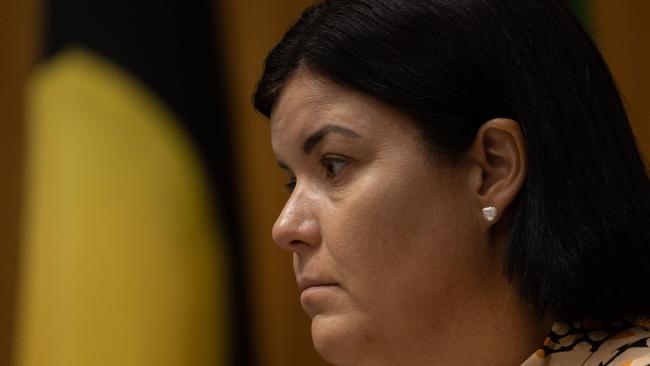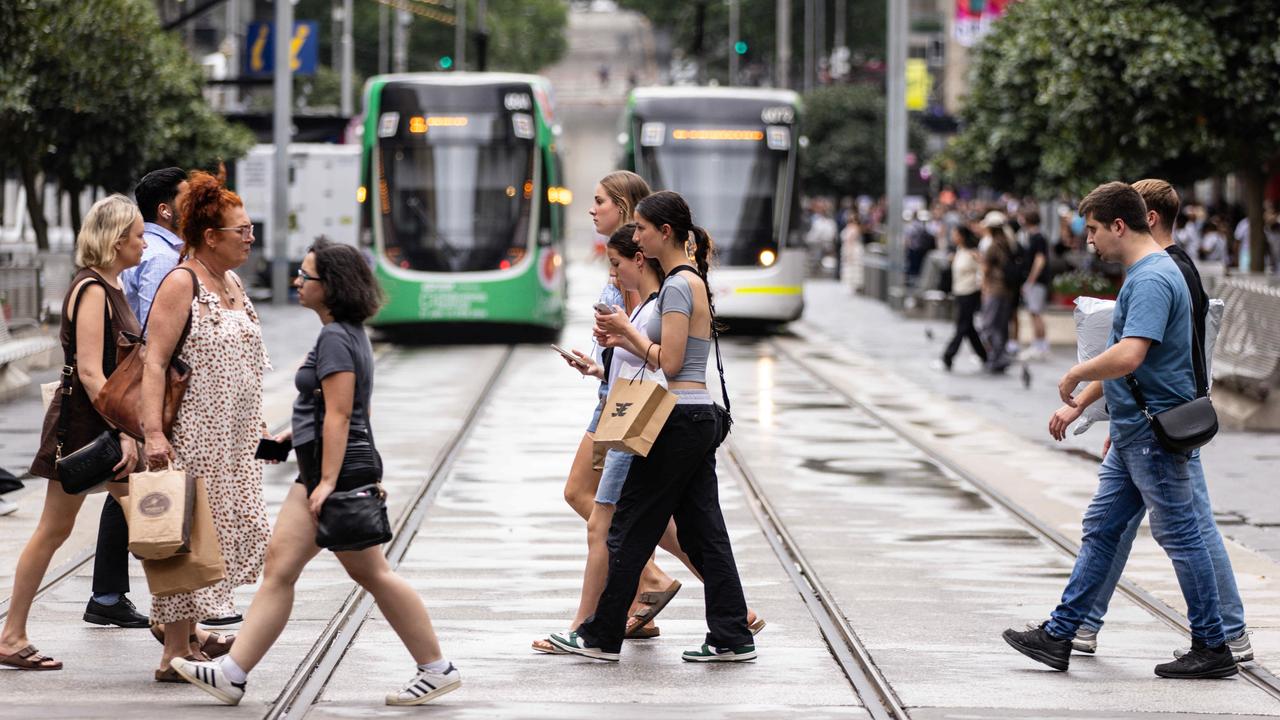Alcohol bans will be reintroduced following a report into violence in Alice Springs
The Northern Territory government will introduce “circuit-breaker” legislation to create alcohol-free zones in Indigenous communities in Central Australia.
Companies
Don't miss out on the headlines from Companies. Followed categories will be added to My News.
The Northern Territory government will legislate to strengthen alcohol restrictions in Indigenous communities, in the wake of pressure to address crime issues in Alice Springs.
“We’ve heard loudly and clearly that the matter and decision of alcohol on community needs to be one that is made by the entire community,” NT Chief Minister Natasha Fyles announced on Monday.
“That is why we’re creating a circuit breaker and implementing temporary dry zones until communities can develop and vote on the alcohol management plans, the community alcohol plans, they want to see.
“It is important for all of us as Territorians to tackle this issue once and for all.”

Also on Monday, Prime Minister Anthony Albanese announced a new $250 million package, to support youth engagement and diversion programs, job creation and improving health services.
“The truth is that all governments could have done better. All governments – Labor, Liberal, Northern Territory, here in Canberra, could have done better,” he told parliament.
“This is about intergenerational disadvantage. It is about a lack of employment services, a lack of community services, a lack of educational opportunity.”
The announcements came after Central Australian Regional Controller Dorrelle Anderson’s report was released publicly, calling for immediate restrictions for takeaway alcohol and extra federal funding. Ms Anderson was appointed after Mr Albanese and Ms Fyles had crisis talks in Alice Springs last month.
“Although the NT has some of the most rigorous and world-leading supply measures in place, it is clear that additional work is required to act as a circuit breaker in Central Australia to allow service agencies, including Police, child protection and health providers, the necessary time to engage with those affected and support them,” Ms Anderson wrote.
“A failure to seriously address the underlying drivers of alcohol misuse and youth crime will mean these harms will continue to return year after year.”
Ms Fyles said temporary alcohol restrictions imposed on January 24 had already provided “respite” to communities, pledging bans will be reinstated in Central Australia to prevent the sale of alcohol for people in town camps and remote communities.
Under legislation expected to be introduced next week, alcohol management plans will be able to be modified if 60 per cent or more of the community supports the changes.

The intervention introduced in late January came after political pressure from Opposition Leader Peter Dutton, who urged the Prime Minister to address an escalating “tragedy”.
Many indigenous communities will be unaffected because they already have alcohol bans in place.
Ms Fyles said she knew some people would be disappointed the NT Government would not introduce blanket alcohol bans, defending her proposal as allowing local communities to address the issue with a “clearly defined process”.
She said the legislation would be not be a return to the Stronger Futures policy which expired in July 2022.
Originally published as Alcohol bans will be reintroduced following a report into violence in Alice Springs



